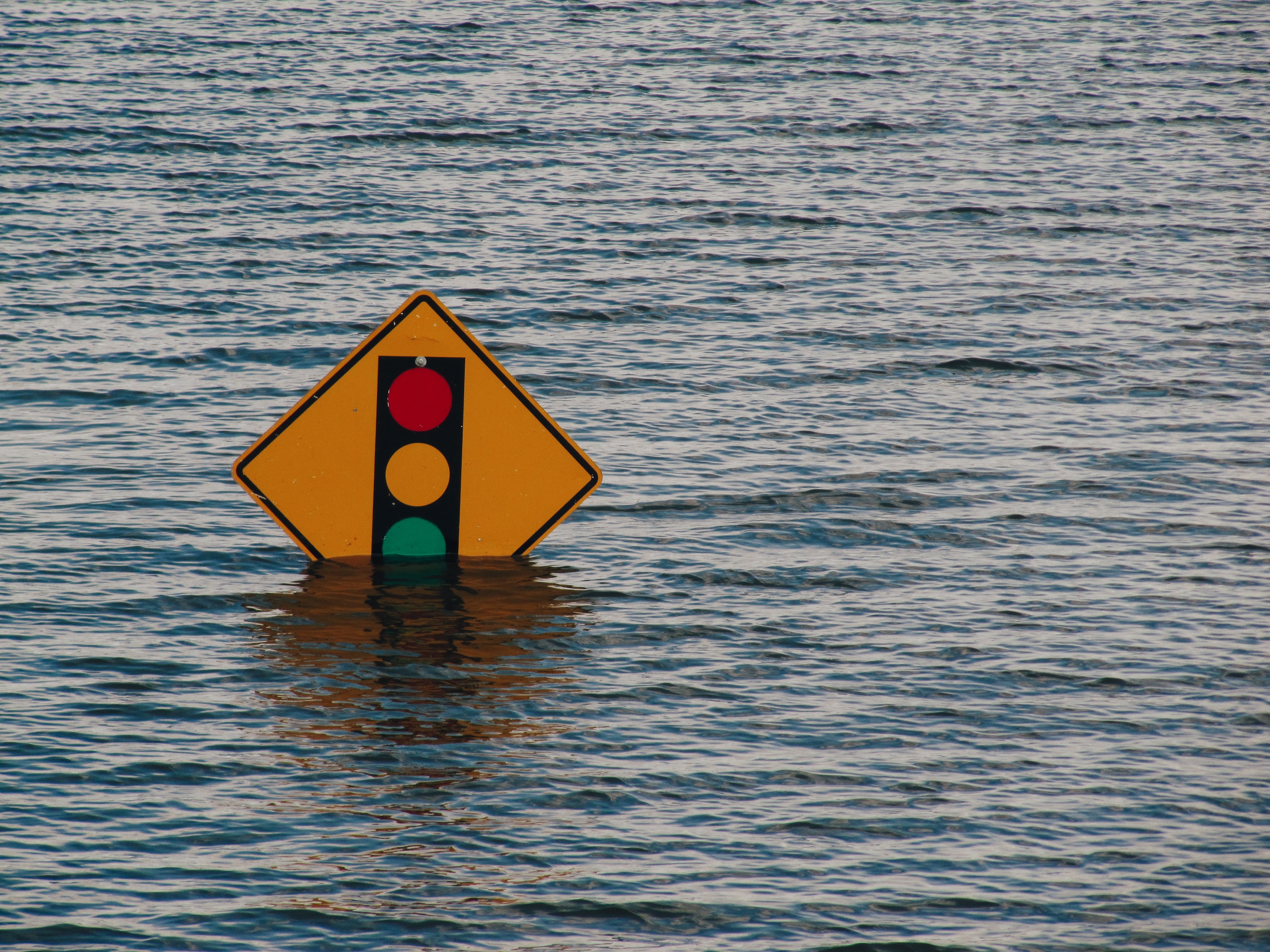How To Prepare Your Finances for a Natural Disaster
Adapted from the FDIC’s Money Smart Program
Natural disasters can affect everyone at some point in their life—sometimes with advanced warnings and sometimes when you least expect it. While it’s impossible to be 100% prepared for a natural disaster, it is important to take steps and precautions to help save you time, money, and stress when disaster strikes.

Tip: Visit Ready.gov for general preparations.
- Get the Insurance You Need*
Insurance can reduce the financial impact of a loss when the event is covered by the insurance policy. Some may think of insurance as a luxury or an unnecessary expense, but it can be an important way to protect yourself from a financial catastrophe.
Tip: Be sure to periodically review your insurance coverage for things covered and not covered by your policies.
- Set Money Aside in an Emergency Savings Fund
When a natural disaster occurs, you can use your emergency fund to cover any unexpected expenses.
- Keep Some Cash in a Safe Place
Depending on the type of natural disaster you may be dealing with, cash may be the only option for everyday purchases. Consider ease of access, but also safety and security (like a fire-resistant, waterproof, locked box in your house)—cash is not helpful when it is not where you need it.
Tip: Do not keep more cash at home than necessary for your immediate needs after a disaster. You may be tempted to spend it, rather than save it in case of a disaster/emergency. Remember, there is no safer place to keep your money than in a federally insured financial institution.
- Sign Up for Direct Deposit
With direct deposit, your paycheck goes directly into your account at a financial institution. During an emergency/natural disaster, you may not be able to pick up and deposit your check in person. If you do not already have direct deposit set up at your financial institution, it may be a good time to consider signing up!
- Sign Up for Online or Mobile Banking
You may not have access to your financial institution in the middle of an emergency. Online and Mobile Banking can allow you to pay bills, deposit checks, and conduct other transactions in the meantime. Learn more about FGB’s Online and Mobile Banking here.
- Keep Financial Documents/Information in a Safe Place
Having access to personal, financial, insurance, medical, and other important records can be crucial when recovering from a natural disaster. You can keep important hard-copy financial documents in a waterproof bag/box, fire-resistant box/safe, safe deposit box at your financial institution, and/or scan and email these documents to yourself. Just remember to keep these updated!
When it comes to natural disasters, it is best to be prepared. Start planning now!
*Not a deposit or other obligation of, or guaranteed by, the bank or an affiliate of the bank; Not insured by FDIC or any other agency of the United States, the bank, or (if applicable) an affiliate of the bank; and May lose value (if product involves an investment risk).
